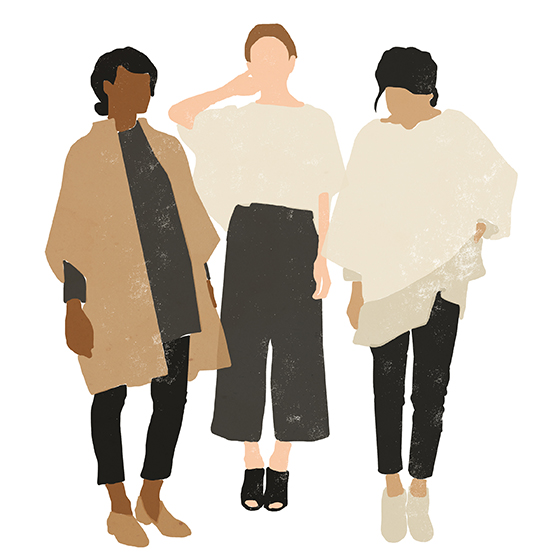

If my brother studies one hour, it would be a miracle.” “These boys struggle to find a connection between school and life,” she says, “and school is increasingly seen as a waste of time.” “If I study five hours a day, it would not be enough. But for boys, especially low-income boys, access to school has not had the same effect. It propels them,” says Ridge, one of the few researchers to have written extensively about the gender gap in the Arab world. “If you give girls a quality education, they will mostly run with it and do amazing things. Disengaged boys grow up to become disillusioned men, Ridge says, left out of the progress they see around them.Īnd the gender gap in the Middle East represents a particularly extreme version of this trend. In the United Kingdom and the United States, Ridge believes she can draw a dotted line between the failure of boys to thrive in school and votes for Brexit and for Donald Trump. Natasha Ridge, the executive director of the Sheikh Saud bin Saqr Al Qasimi Foundation for Policy Research in the United Arab Emirates, has studied gender and education around the world. These are all glaring disparities in a world that values higher-order skills more than ever before. In America, girls are more likely to take Advanced Placement tests, to graduate from high school, and to go to college, and women continue their education over a year longer than men. In 2015, teenage girls outperformed boys on a sophisticated reading test in 69 countries-every place in which the test was administered.

It’s part of a pattern that is creeping across the globe: Wherever girls have access to school, they seem to eventually do better than boys. Or, put another way, why boys are doing so badly. This spring, I went to the Middle East to try to understand why girls are doing so much better in school, despite living in quintessentially patriarchal societies. Fewer than one in every five workers is female in Jordan, Qatar, Saudi Arabia, the United Arab Emirates, and Oman.
ASHLEY SEIL SMITH PROFESSIONAL
But many Middle Eastern women do not go on to have long professional careers after graduating they spend much of their lives working at home as wives and mothers. The conventional wisdom is that girls do better in school as women acquire more legal and political rights in society. In the West, researchers have long believed that future prospects incentivize students to invest in school. This is baffling on the most obvious levels. And yet, most of those women are unlikely to put their degrees to paid use for very long. In Saudi Arabia alone, women earn half of all science degrees. In fact, across the Arab world, women now earn more science degrees on a percentage basis than women in the United States.
ASHLEY SEIL SMITH DOWNLOAD
In her new book, Beyoncé in Formation: Remixing Black Feminism, Tinsley invites us all into her classroom.Listen to the audio version of this article: Feature stories, read aloud: download the Audm app for your iPhone. But there is perhaps no one more qualified to decode Lemonade’s symbolism than Omise’eke Tinsley, who has taught a course entitled “Beyoncé Feminism, Rihanna Womanism” at University of Texas-Austin for years. In our group chats, living rooms, and hair salons, black femmes used Lemonade as a starting place for collectively unpacking our trauma and articulating new black feminist politics.
ASHLEY SEIL SMITH FREE
What’s undeniable, however, is Beyoncé’s (or her team’s?) ability to create narratives and metaphors that hit home for black trans and cis women who came to slay but are still trying to break free from generational suffering caused by slavery, imperialism, and misogynoir. It has always been unclear just how much of Beyoncé’s work is inspired by her real life and how much is expertly curated storytelling. “lemons out of lemonade” My review of omese’eke tinsley’s New book beyoncé in formation And as always, feel free to shoot me an email of you’re interested in learning more about my career journey. student wondering what the heck you can do with your advanced degree, visit your career center! It’s the easiest first step you can take. In this video, fellow USC graduate students and I talk about what our Career Center has to offer. Through that internship, I met the woman who would introduce me to my children’s book publisher, and discovered the UX internship at LinkedIn that ended up becoming my full-time job after graduation. Career Conference to research the many (but often hidden) creative, entrepreneurial, and non-traditional pathways that social science Ph.D. I used my time planning the 7th Annual Beyond the Ph.D. intern during the 2017-2017 academic year. The problem was, all of my mentors and advisors were academics! I found the support and inspiration I needed at USC’s Career Center, where I worked as a Ph.D.

About four years into my Ph.D., I realized that academia just wasn’t for me.


 0 kommentar(er)
0 kommentar(er)
